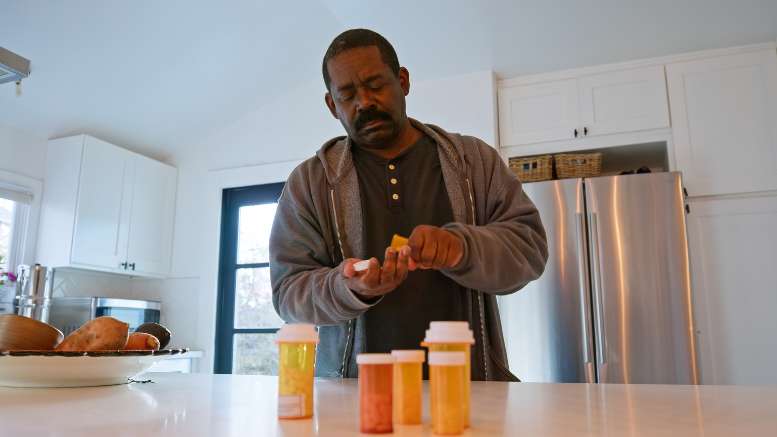Life After Transplantation
Life After Transplantation / Preventing Rejection
What is rejection?
When the immune system of the organ recipient identifies the donor organ as unfamiliar and makes an effort to attack it.
Acute Rejection: Occurs When the new organ is attacked by the body’s immune system and it normally occurs within the initial months
Chronic Rejection: The progressive decrease of organ function, which can happen weeks, months, or years following transplantation.
Your immune system is the defence system of your body, that protects you from infections (bacteria, viruses, fungi) and from cancer, by recognizing them as foreign and attacking them. In most cases it would want to do the same to the transplanted kidney, as well, since it would recognize it as foreign.
To prevent your body from rejecting your new organ, you must take anti-rejection (immunosuppressive) medications, which:
- Decrease your immune system’s capacity to reject a transplanted organ by weakening or lowering its reactivity
- While retaining adequate defence against infection
Your transplant team will need to regularly monitor you by doing regular bloodwork and seeing you in the transplant clinic to ensure that your medications are balanced and that you are staying healthy.

To prevent your body from rejecting your new organ, you must take immunosuppressive medications, which:
- Decrease your immune system’s capacity to reject a transplanted organ by weakening or lowering its reactions to foreign substances
- Enable you to retain a strong adequate defence against infection
Your transplant team will need to regularly check on you to ensure that your medications are balanced and that you are staying healthy.

Your Part in a Successful Transplant!
- Establish a schedule for taking your prescriptions each day at the same time
- Attend every appointment
- Ensure all necessary lab tests are done
- Avoid infection by practicing healthy habits
- Communicate with your transplant team and doctors when:
- There are changes to your regular medications or you have been prescribed new medications
- You experience fever, any sort of pain, flu-like symptoms, less urination or other symptoms of illness

Always remember YOU are the most valued member on your transplant team!